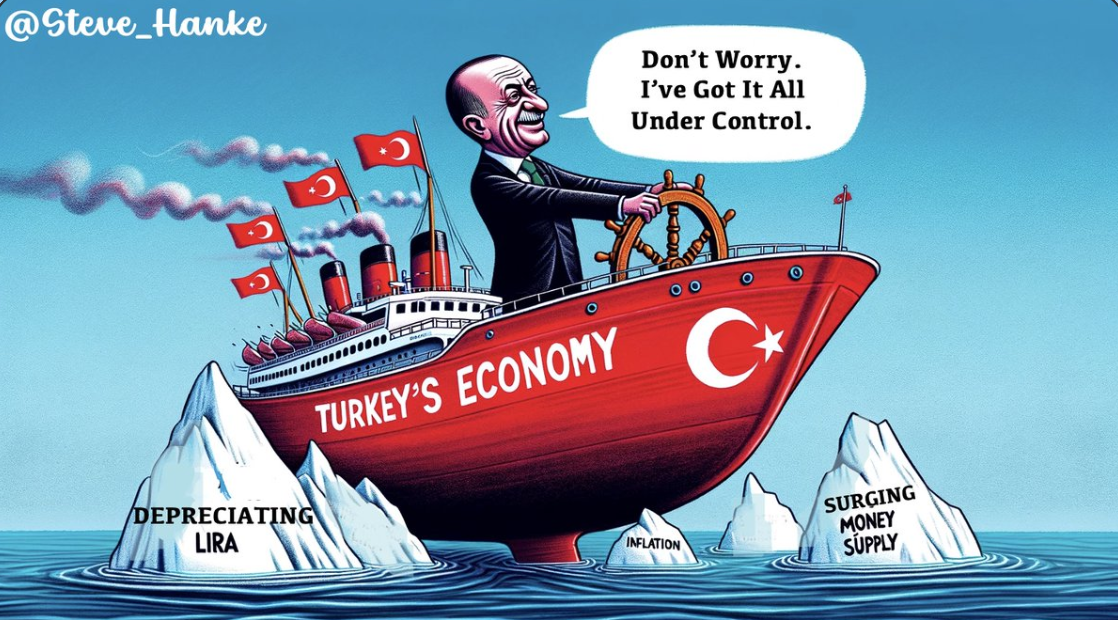New Power Struggles Emerge in Ankara as Mehmet Şimşek Faces Political Headwinds
 economy
economy
While Treasury and Finance Minister Mehmet Şimşek grapples with the fallout of political moves that threaten to undermine his economic program, insiders suggest that new plans are being drawn up inside the Presidential Palace. According to Nefes Gazetesi columnist Nuray Babacan, rumors circulating in Ankara political circles could spark fresh uncertainty in the markets.
Although Babacan does not explicitly say it, the possible sidelining of Şimşek under current economic tensions could trigger a new wave of financial volatility.
Hafize Gaye Erkan Resurfaces in Palace Restructuring Plans
A central point of speculation involves former Central Bank Governor Hafize Gaye Erkan, whose alleged appointment to a new post has reignited debate in policy circles. The March 28 Presidential decree, which merged the Digital Transformation, Finance, Human Resources, and Investment offices into a new “Investment and Finance Office,” has brought Erkan’s name back into play.
Reports suggest that Erkan could be appointed head of the newly consolidated office—a move that would effectively establish a parallel economic administration.
Erkan’s U.S. Ties Fuel Further Speculation
Supporters of Erkan’s potential return cite her close ties to newly appointed U.S. Ambassador to Turkey Tom Barrack, speculating that these connections could facilitate new U.S.-Turkey economic cooperation.
Sources suggest that some Palace advisors are trying to persuade President Erdoğan that this relationship could offer diplomatic and financial advantages in the evolving international landscape.
Critics Warn of "Dual Power" Risks in Economic Management
Opponents of Erkan’s return argue that her appointment would create an alternative economic management structure, leading to confusion and conflict in already fragile policymaking. Critics also note that Şimşek has previously struggled to align the Palace’s expectations with his orthodox policy direction.
“This would not just be a personnel change, but the opening of a new front,” said one source, referring to Erkan’s troubled tenure as Central Bank Governor, which included public scrutiny of her management style and family’s influence.
Tensions Between Presidential Advisors and Economic Team
Observers point to frequent disagreements between President Erdoğan’s economic advisors and Şimşek’s team, noting that Vice President Cevdet Yılmaz has repeatedly played the role of mediator. While Şimşek has some support within the ruling party for his pragmatic, institutional approach, internal friction remains.
The big question now:
Will the Palace form a new economic team, and if so, how will this overlap with Şimşek’s current structure? What effect could this dual leadership model have on an already strained economy?
Tariff Hikes, Boycotts, and a Fragile Brussels Visit
Recent events—such as the steep electricity price hike (seen as an attempt to offset political damage after İmamoğlu’s arrest)—suggest that new austerity packages may be imminent.
Meanwhile, despite Şimşek’s attempt to reassure Brussels during his recent EU visit, sources report that European officials asked pointed, skeptical questions—especially amid growing domestic unrest.
Many insiders now say the real blow to the government’s economic credibility came not from the public boycotts, but from the March 19 political crackdown, which spooked international observers and markets alike.
Investor Confidence Tied to Şimşek’s Future
Despite global turbulence, Turkey could still position itself as a safe harbor in an age of trade wars and geopolitical upheaval. However, investors view Şimşek as the linchpin of that stability.
If Gaye Erkan were to be appointed, her commitment to orthodox policy would be under intense scrutiny, and her past tensions with the Central Bank’s Monetary Policy Committee (PPK) could exacerbate internal dysfunction—particularly if de facto control of economic policy shifted into her hands.


